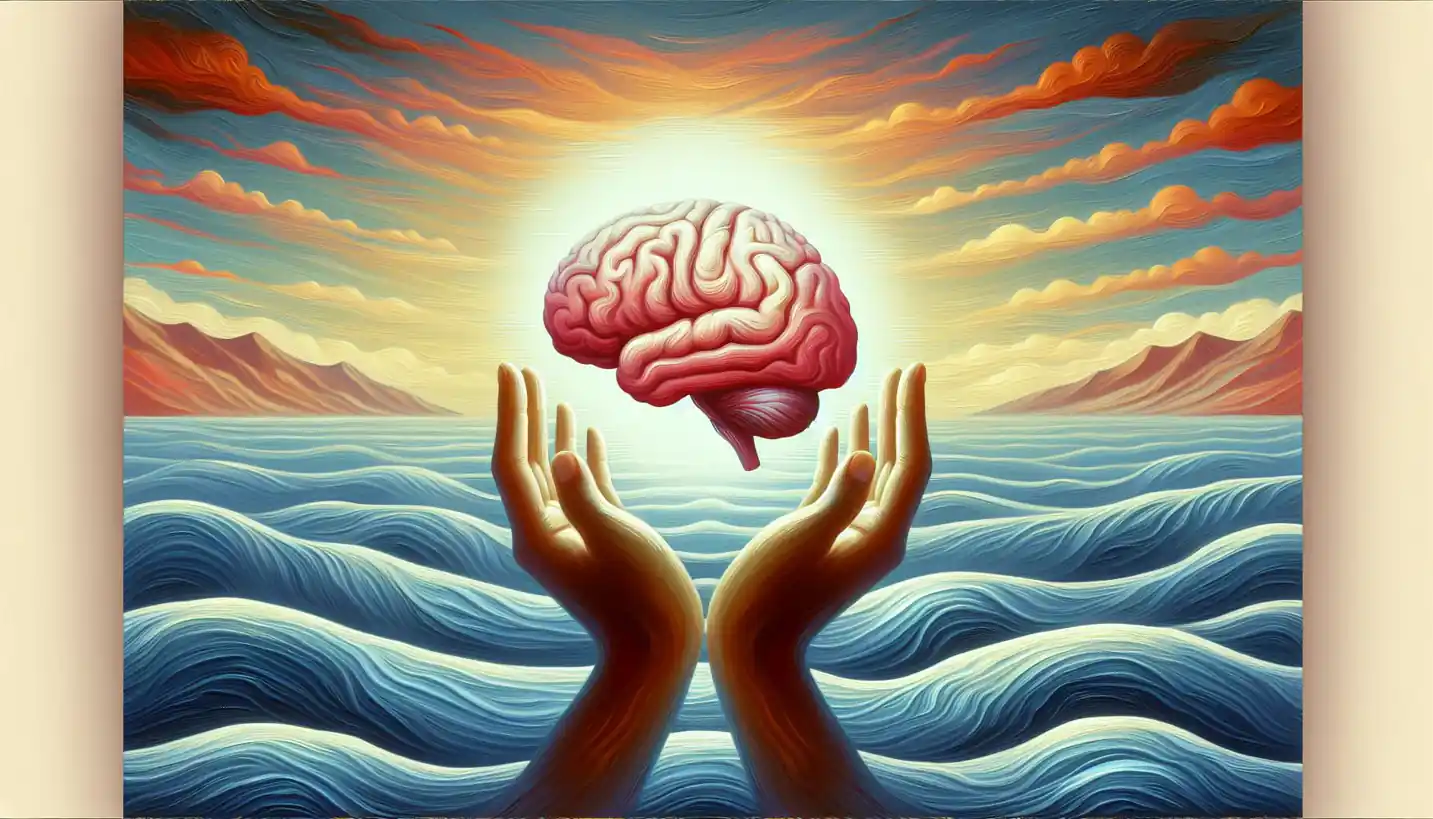· Psychology · 5 min read
Age-Related Memory Changes: Exploring the Mind's Journey Through Time
Age-related memory changes reveal how our ability to recall and process information shifts as we grow older, with significant psychological implications.

Everyday, as we move through life, our minds tirelessly work to store and retrieve memories, shaping who we are. Memory is an essential part of the human experience. But as we age, these processes may start to change. Let’s dive into how memory evolves with age, a fascinating area within geropsychology.
Understanding Memory and Aging
Asking how memory changes with age is like trying to understand why a well-loved book begins to show signs of wear. The storyline is still there, but some pages might take a little more effort to turn. Memory is often divided into different types like short-term, long-term, and working memory, each of which can be affected differently as we grow older.
In younger adults, memory tends to be quick and sharp. But as we enter our golden years, the brain begins to process information a bit differently. Imagine your brain as a computer running low on storage. It becomes a bit more selective about what it keeps, and sometimes accessing files takes a little more time.
Short-Term vs. Long-Term Memory
Short-term memory is like what you see on a whiteboard that can be easily wiped clean, while long-term memory is like information stored on a hard drive. As we age, short-term memory might become less reliable. For instance, remembering the name of a person you just met might become more challenging.
Long-term memory, on the other hand, holds onto things like childhood memories or lessons learned a long time ago. These tend to be more resilient over time, though retrieving them may require a bit more effort.
The Role of Working Memory
Working memory is crucial for tasks that need planning and decision-making. It’s like a mental workspace that holds information temporarily. Think of it as juggling balls in the air, where each ball represents a piece of information. As we age, keeping all these balls in the air can become more challenging.
The Science Behind the Changes
These changes can be traced back to the brain itself. Our brain is like an intricate network of connections, and as we age, these connections may begin to slow down. Some studies suggest that the volume of the brain decreases over time, which might affect how quickly and efficiently we process new information.
The hippocampus, a part of the brain vital for forming new memories, is often affected by aging. You’ve got this astonishing brain part that’s trying to keep up with the pace, but sometimes, it lags like an old machine.
Emotional Influence on Memory
Interestingly, emotions play a significant role in how we remember things. Emotional memories, especially ones tied to happiness or sadness, are often more vivid and persistent. This is because they’re stored not just in the logical part of our brain but also in the emotional centers. As we age, these emotionally charged memories often become more pronounced.
Strategies to Support Memory
Even though the brain’s processing may slow down, there are plenty of ways to keep it healthy. Engaging in mental exercises, like puzzles and learning new skills, can stimulate brain activity, much like going to the gym helps keep our muscles strong. Socializing with friends and family also provides great mental stimulation.
Physical exercise also plays an essential role. Activities like walking, jogging, or even dancing can boost blood flow to the brain, helping keep those neural pathways in good shape.
Diet can’t be overlooked, either. Nutrient-rich foods, including omega-3 fatty acids and antioxidants, are known to support brain health.
The Bright Side of Aging and Memory
It’s essential to recognize that while some cognitive functions may decline, others may improve or stay stable. Wisdom, broader understanding of emotions, and better handling of complex situations—these aspects often enhance with age, enriching our lives in ways that quick thinking and sharp memory alone cannot.
Life experiences can lead to a depth of perspective often called ‘crystallized intelligence.’ It’s about drawing from a vast pool of knowledge and applying it to solve problems or offer advice.
What the Future Holds
Scientists are continuously exploring ways to understand and mitigate age-related memory changes. From studying the role of genetics and lifestyle factors to developing potential treatments, the future holds promising possibilities.
The exploration in geropsychology keeps turning the pages, with researchers asking questions like: How can we delay cognitive decline? Can we harness technology to support memory? These questions guide cutting-edge research and innovation.
Embracing Aging
Ultimately, accepting the changes that come with aging and focusing on the positives can transform how we view this natural process. Aging doesn’t just mark a decline; it opens doors to new ways of thinking, feeling, and experiencing life.
So, the aging journey is not about losing memory but about transforming it. It’s a testament to the rich tapestry of our lives, where each memory, whether crystal clear or a little fuzzy, has helped knit the fabric of who we are.
In our quest to understand age-related memory changes, we find a broader appreciation for the resilience and adaptability of the human mind. It’s a beautiful reminder that even as we age, we continue to learn, grow, and enrich our lives in countless ways.
As we move forward, let’s celebrate the journey our minds take with us through time, embracing both the challenges and the profound wisdom that comes with the passing years. After all, every memory we hold is a chapter in the ever-evolving story of our lives.


